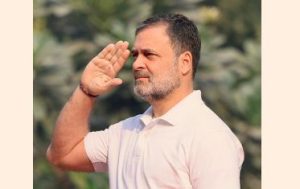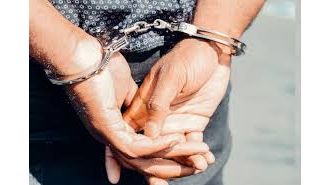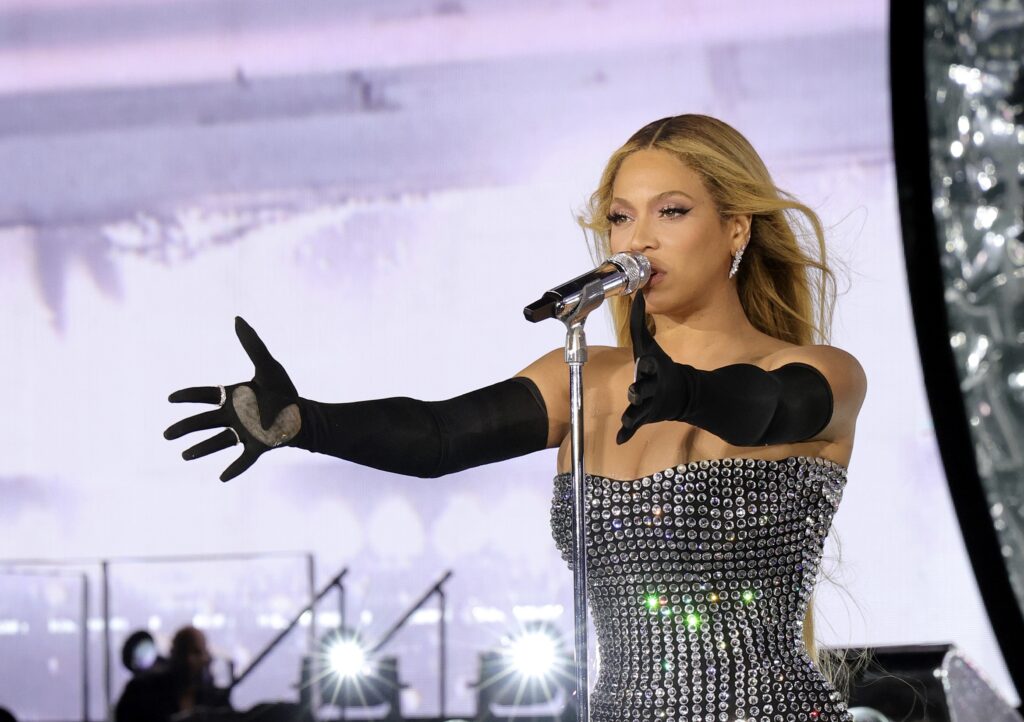Trudeau has insufficient proof in Nijjar's death, causing strain between India and Canada.
Canadian PM Trudeau testified before an inquiry, MEA confirms India's stance that Canada has no evidence to support serious allegations against India and Indian diplomats.

As Canadian Prime Minister Justin Trudeau faced questioning in front of a Commission of Inquiry, the Ministry of External Affairs spoke out about the ongoing tensions between Canada and India. The MEA stated that they have consistently maintained their stance that Canada has not provided any evidence to support the serious allegations made against India and its diplomats. The spokesperson, Randhir Jaiswal, emphasized that the lack of evidence from Canada only confirms their position.
Jaiswal also pointed out that Prime Minister Trudeau's careless actions have been detrimental to the relationship between the two countries. The responsibility for the damage caused to India-Canada relations lies solely with Trudeau, according to the MEA. These statements came in response to Trudeau's remarks during his testimony, where he mentioned that India had been asking for evidence regarding allegations made about the killing of Khalistani terrorist Nijjar. However, Canada had only provided intelligence and not concrete evidence.
Trudeau explained that India had requested for evidence, but Canada's response was that it was within the security agency's jurisdiction. The Canadian PM clarified that India should be investigating how much they know and engaging in dialogue, rather than demanding evidence. At that point, the information provided by Canada was primarily intelligence and not hard evidence. Trudeau expressed a desire to work together with India to resolve the issue.
The tensions between India and Canada arose when Trudeau made allegations in the Canadian Parliament last year about India's involvement in the killing of Khalistani terrorist Hardeep Singh Nijjar. However, India has vehemently denied these accusations, calling them absurd and motivated. The Indian government has also accused Canada of harboring extremist and anti-India elements within their country.
Nijjar, who was designated a terrorist by India's National Investigation Agency, was shot and killed outside a gurdwara in Surrey in June of last year. The recent diplomatic dispute began when Canada labeled India's High Commissioner and other diplomats as "persons of interest" in the investigation of Nijjar's death. In response, India expelled six Canadian diplomats and summoned Canada's Charge d'Affaires to convey their displeasure with the situation.
The MEA has made it clear that the safety of their diplomats and officials is of utmost importance, especially in an atmosphere of extremism and violence. Therefore, the Indian government decided to withdraw their High Commissioner to Canada, Sanjay Kumar Verma, and other targeted diplomats and officials. They also warned that they reserve the right to take further action in response to Canada's support for extremism, violence, and separatism against India.






